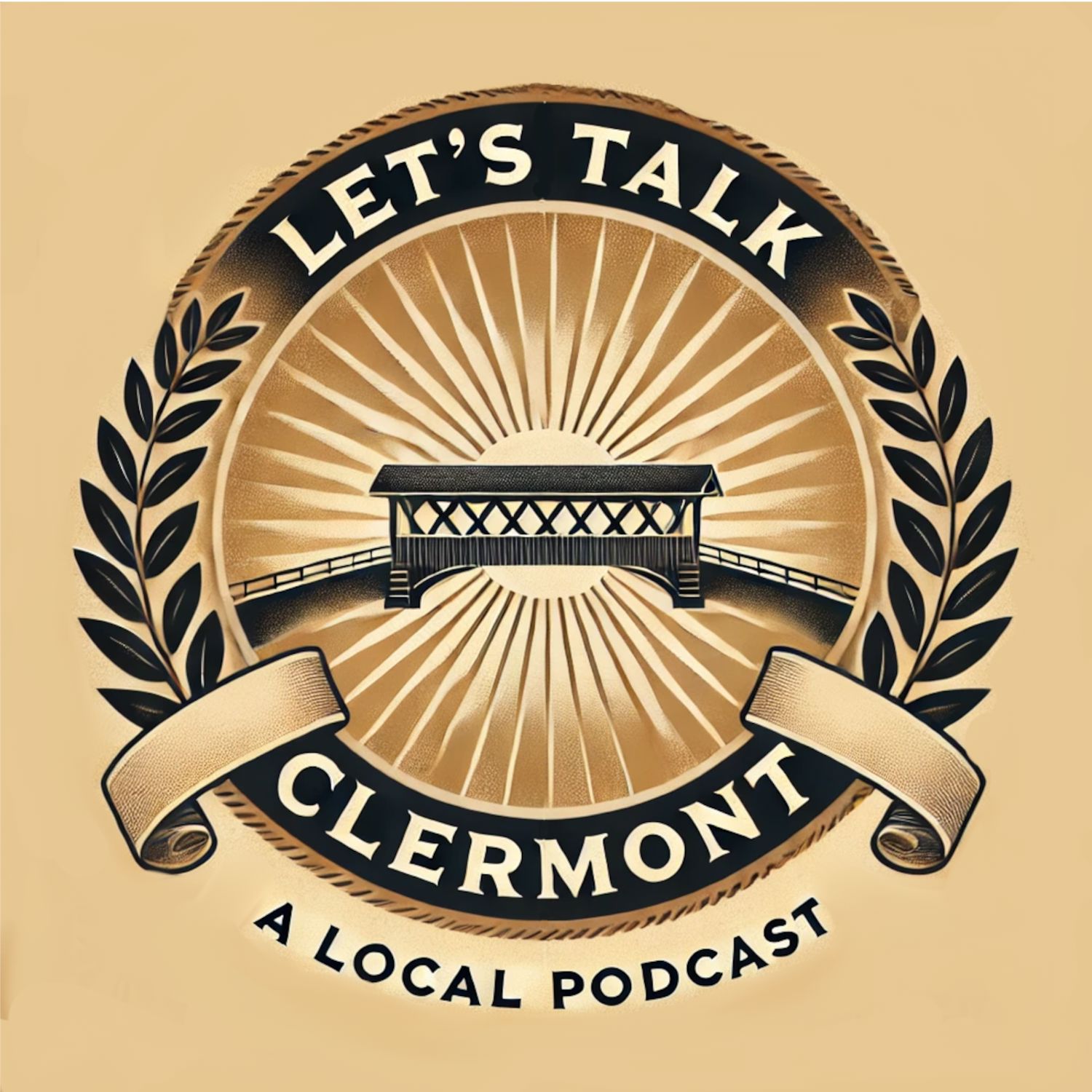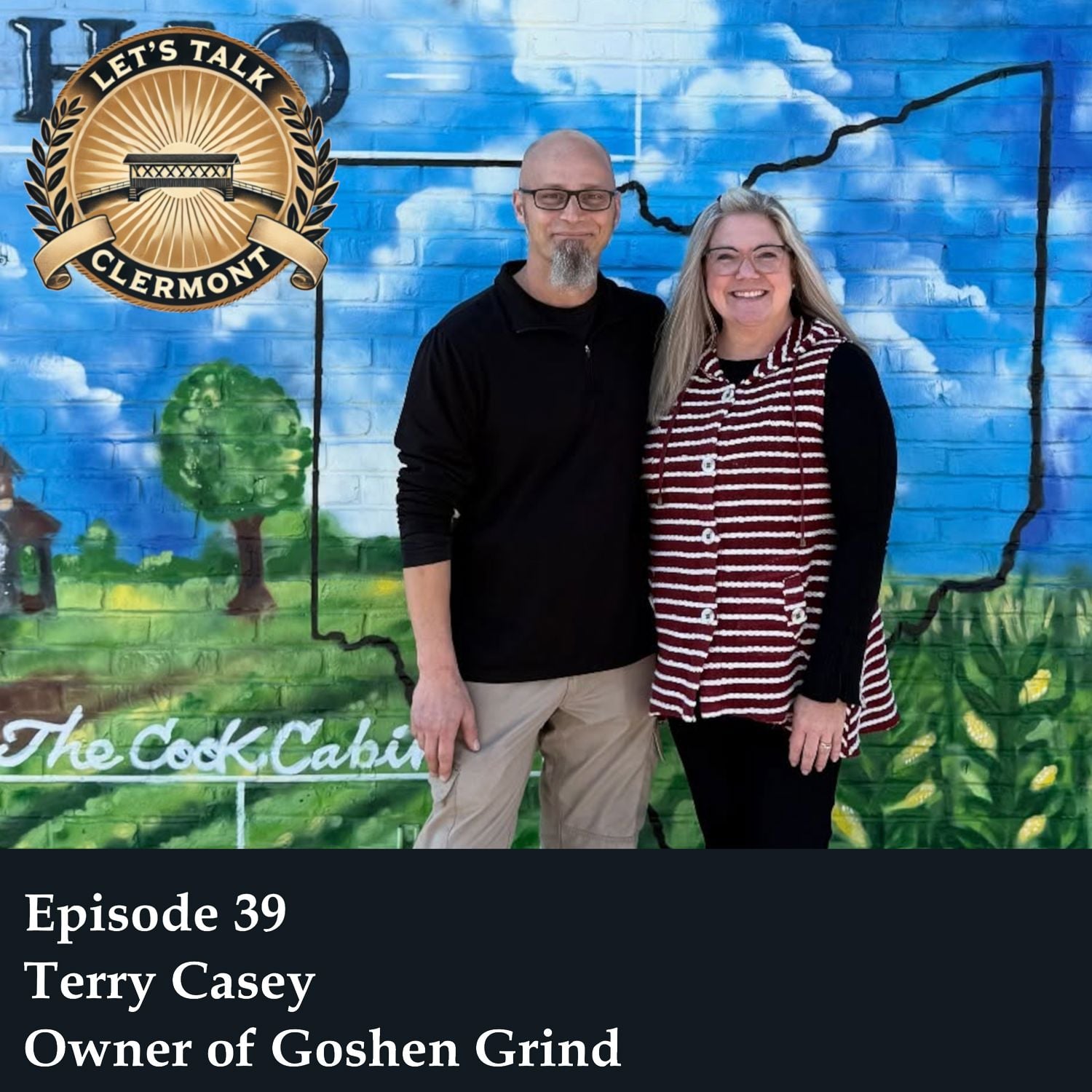Ep. 39 — Post-Election Updates, Batavia Growth Debate and Coffee Nerd Out with Goshen Grind
We start with where things stand after Election Day, including Loveland’s automatic recount timeline, then we look at what’s next in Batavia Township, two large subdivisions approved (Arborside and Stonelick Ridge), annexation chatter with the Village, the PD repeal (Article 36), and a fresh look at planned-development rules. We also hit a quick holiday note with Cincinnati’s Nights of Lights at the Clermont County Fairgrounds before getting into today’s interview. With Terry Casey, the owner of Goshen Grind.
Terry shares the Goshen Grind origin story, then nerds out on coffee, how cherries become the beans in your cup, “honey” vs. washed processing, why Ethiopian can taste fruity, what “mocha” really means, and practical brewing tips you can use tomorrow (weigh your beans, grind fresh, try your coffee hot and cool). We also talk tea, community classes, and the new America 250 mural project behind the shop.
News
- Loveland City Council race: recount triggered; begins after county certifications due by Nov. 25, then up to 10 days to complete.
- Batavia Township: Arborside (≈275 homes on ~124 acres along SR 132) and Stonelick Ridge (≈790 homes off Ross Rd) approved; traffic studies underway; trustees push back on potential annexation/tax abatements.
- PD repeal: Article 36 removed by voters; existing applications proceed under current rules until results are certified; zoning commission reopening PD discussion.
- Holidays: Nights of Lights drive-through returns to the Fairgrounds late Nov–early Jan.
- What a referendum on Stonelick could mean (resubmittals, annexation routes, and the reality of developer lawsuits that can drag 1–4 years).
- A call to define Clermont’s “character” and pursue alternatives that keep land productive (think ag and conservation tools) instead of letting development be the only outlet.
- Boots-on-the-ground reports wanted, plus a volunteer to do a weekly high-school sports rundown.
- Next week: Dave Caraway from Sons of Toil.
Follow on Facebook & Instagram, and signup for the Thursday newsletter.
Newsletter
If the show brings you value, consider supporting us!
Donate

